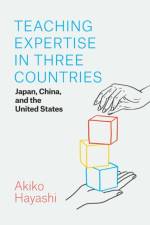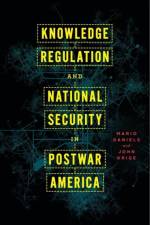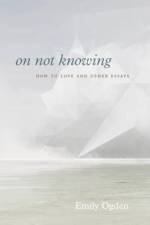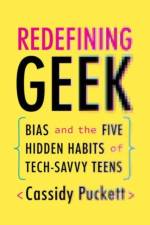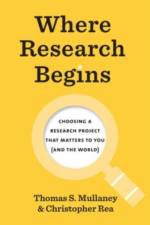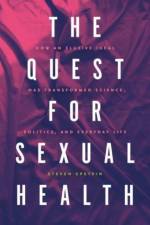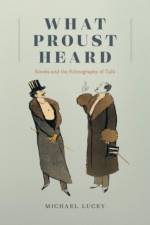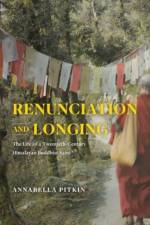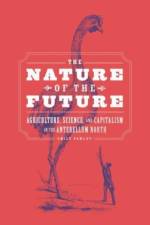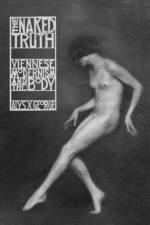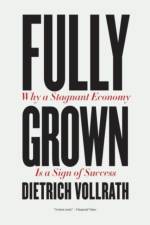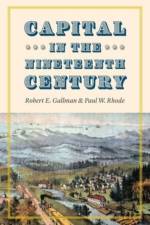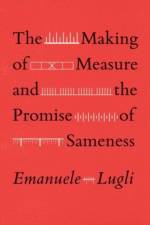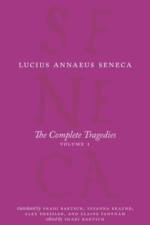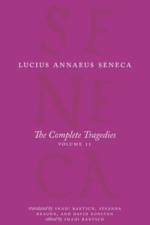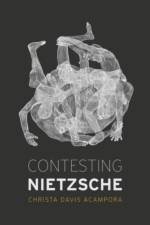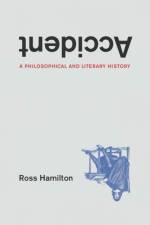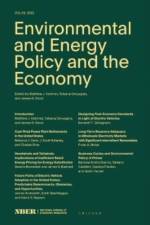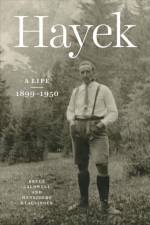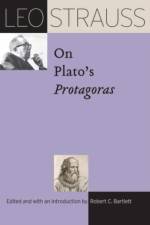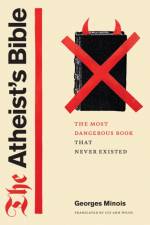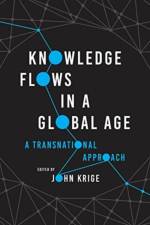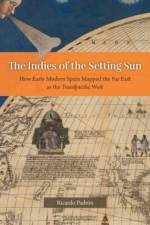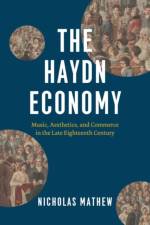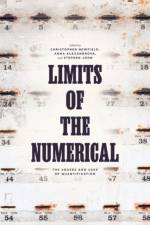- A Transnational Approach
569,-
"Viewing knowledge as travelling between sites, rather than flowing like currents through them or diffusing out from them, the contributors to this collection stress the human intention which shapes and drives how knowledge is processed, mobilized, and repurposed to serve differing and uneven interests, constraints, and environments. The chapters consider both what knowledge travels and how it travels across borders of varying permeability. They home in on a vast range of platforms and objects of knowledge, from tangible commodities--like hybrid wheat seeds, penicillin, Robusta coffee, naval weaponry, and high performance computers--to the more conceptual apparatuses of telecommunications, statistics, and food sovereignty. Moreover, this volume decenters the Global North in its focus, tracking how knowledge travels in all directions across the borders of Mexico, India, Portugal, Guinea-Bissau, the Soviet Union, China, Angola, and Palestine and the West Bank, as well as the US and the UK. The variety of kinds of knowledge that are addressed in the chapters brings forth an extraordinary array of state and non-state actors and institutions committed to performing the work needed to move knowledge across national borders"--

